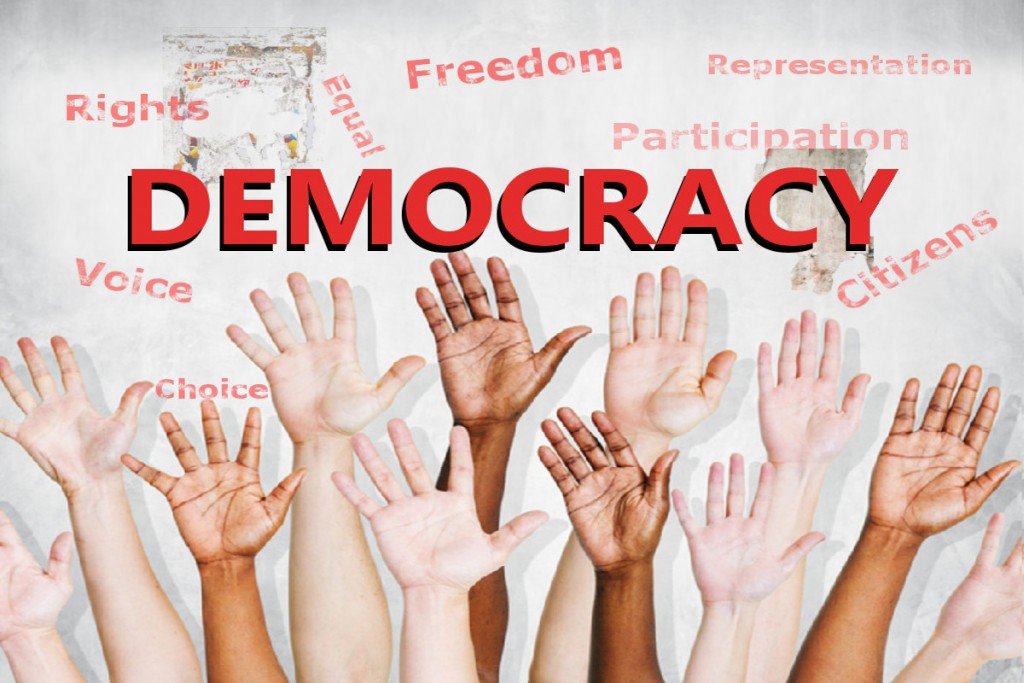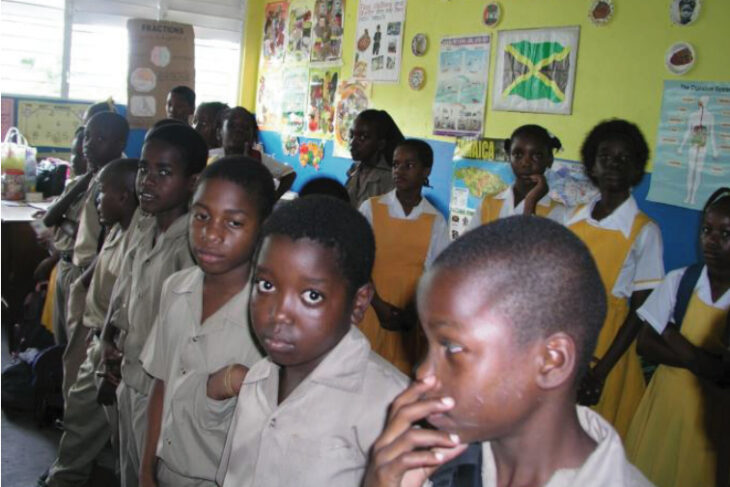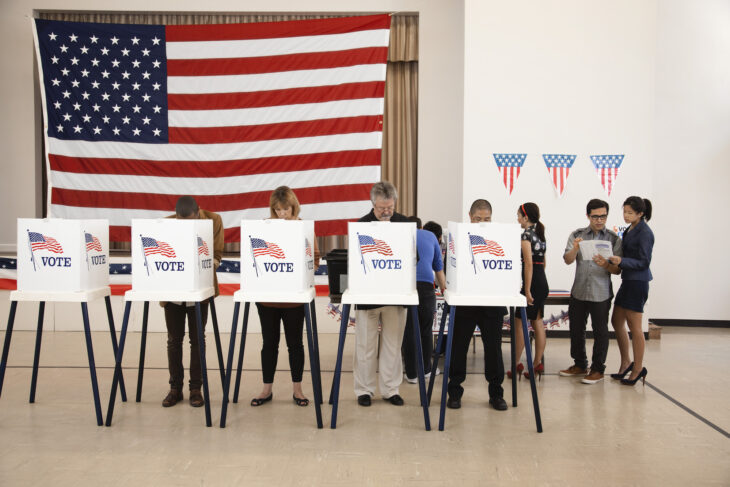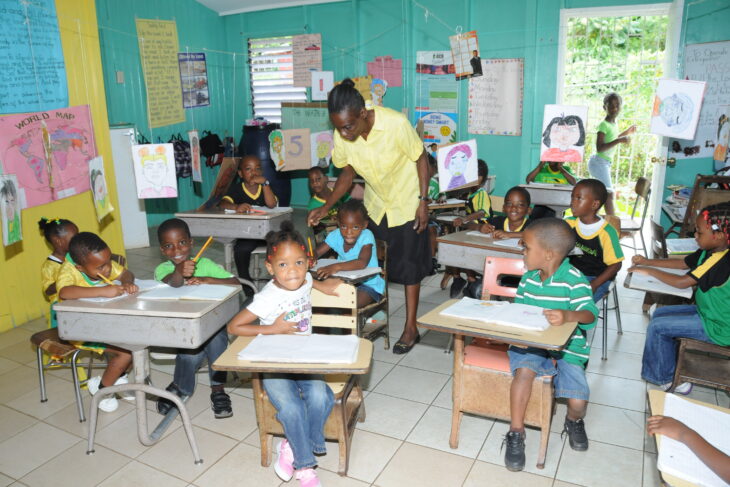
Democracy is, in principle, a viable system capable of assisting individuals and society alike to fulfill their potential and live in harmony. People in every corner of our planet are trying desperately to achieve and reflect unity on multiple levels.
The condition of unity, on a societal level, requires people to be able to trust and rely on one another and to behave toward each other as members of a single family. Further, it requires that governance reflect and facilitate this inevitable stage in human evolution. To this effect, the principals and the machinery of democracy seem to be at odds with each other and it is becoming increasingly obvious that its methods require adjustment in order to remain a viable tool to meet the needs of ever more complex human interactions into the future.
Democracy, as it has been forged, functions by means of the machinery of representation through partisanship, and the results of partisanship are readily visible as never before. While consideration of widely varying views is a necessary part of the process of serving the best interests of society, diversity of views, when enacted through a system based on partisanship, results in dividing both government and society into opposing, highly competitive, and mutually destructive groups.
In this scenario, the first victims are the very ideals that democracy purports to uphold — namely, truth, justice, freedom of speech, and even the incentive to search. Any path forward must either consciously reflect the purity of intent of these foundational ideals or contribute to the failure of both principle and structure. Today’s world is not the same as yesterday’s, and tomorrow’s will be different again. The path forward requires us to exercise that greatest of human capacities — the ability to change.
The result of the divisive character of partisanship is that one’s first priority must be to ensure that a significant portion of the population identifies with one’s own specific rhetoric, a rhetoric that must achieve two things. It must convince that significant portion of people that one’s viewpoint is correct, and it must persuade people to be dedicatedly opposed to all others. It follows shortly, that truth becomes the servant of rhetoric.
In the framework of partisanship, there is considerable risk that it is the dominant voice that is upheld as the highest value, often sacrificing any semblance of truth. Further, under these conditions, an election platform need not necessarily promote the common good — only the perception of it. Favourite vehicles for successfully swinging public opinion have included media that sells through the promotion of sensationalism; playing to economic disparity; and linking one’s agenda to passionate but uninformed religious understandings. Please note that this does not refer to religion, only the blind or divisive application of it.
Enough has been said here to make the point of where democracy appears to currently stand. Let us look now at an alternative possibility. If we put aside partisanship and its divisive byproducts, we are left with foundational needs of governance at local, national and international levels and the critical developmental requirements of welding the human race into a single and cohesive entity, inclusive of the responsibility, to effectively address an environmental crisis on a scale hardly imagined.
The root principle is unity — to work together instead of against one another. Unity does not require agreement, rather the determination to consult toward the goal of coming closer to truth.
But what, exactly, do we mean by consultation?
Governance, I propose, should be based on freely elected consultative groups inclusive of the diversity of humanity and of opinion. These consultative groups should have, as their primary objective, the discovery of truth in all applications. Consultation should not, at any time, be focused on the promotion of any particular understanding. It must uphold, at all times, the pursuit of truth. Implicit in this goal is that no individual has right of ownership of any understanding or opinion but must remain free to offer such in a spirit of contribution to deliberation.
Once a view is stated, it becomes the property of the entire group to consider, dissect, alter, or discard as it deems best. This approach would allow any of the members of the group to feel free, without any loss of face, to change his or her mind, considering the unfolding combination of inputs of all members. Once either unanimity or consensus is achieved, it would be the responsibility of all members to uphold the decision, regardless of whether, in the case of consensus, it reflects an individual’s particular view. If a decision, when put into practice, is found to require adjustment, it can be revisited. But, most importantly, the unity of the consultative body is preserved as well as that of the entire community.
The process of election is also of critical importance. We might consider that the process of administration begins at the grassroots — in every locality. Dispensing with the system of nominations and often hollow electoral promises, the voting list should consist of all adult members of the community, and all adult members should be eligible to vote. Electioneering, in this model, would not be conducive to upholding unity. Rather, the voters should vote based on an individual’s already established qualities rather than on promises that may or may not be kept.
In voting, consideration should be given, not only to the individuals one is voting for, but to the best combination of individuals reflecting the physical, intellectual, and material diversity of the community. In this way, the members of the administrative body would include a diversity of perspective and be best suited, as a single yet diverse unit, to consult in complete unity on the affairs of the community. The members of each community would elect delegates who would, in turn and by the same process, elect national administrative bodies. The national bodies, in their entirety, would then, again by the same process, elect a global body to coordinate the affairs at the international level.
Very importantly, all administrative bodies at every level would consider themselves responsible for the well-being of the entire world, though their actions would be limited to their respective areas of jurisdiction.
This model consciously celebrates truth as the highest value and this spirit, combined with justice for all community members, the wise and respectful freedom of speech, and the incentive to always search, become the infectious underpinnings of every human interaction. Diversity is celebrated and a foundation for justice established. Unity in all its glorious diversity becomes the creative energy that gives life to community.



